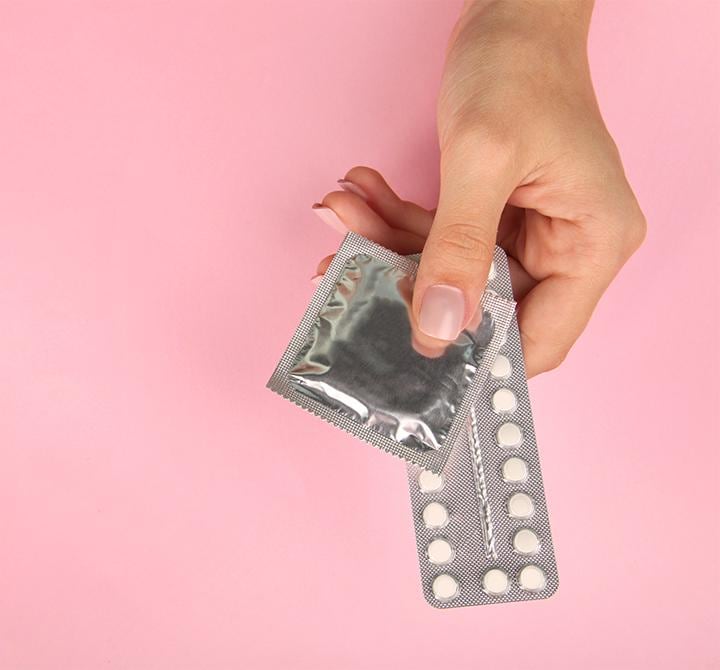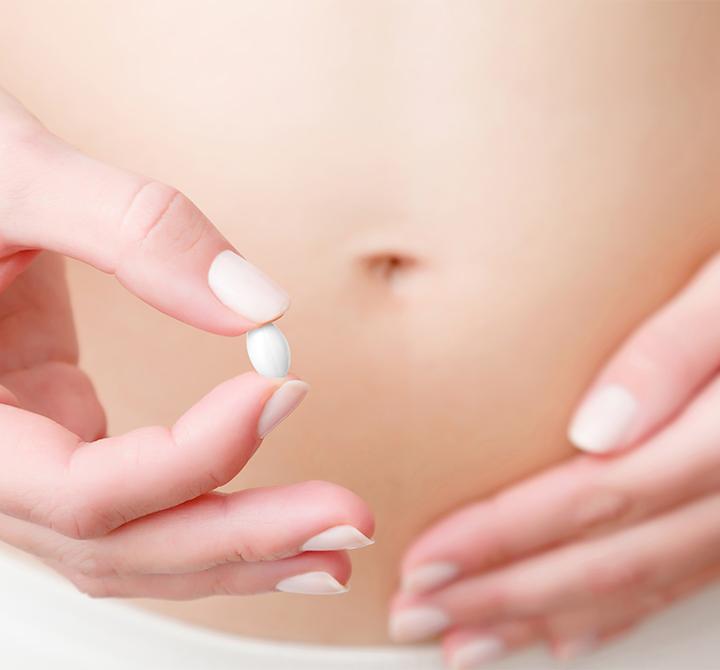Planning
When are you most fertile?
This article may help answer:
When am I the most fertile?
How do I know when I’m ovulating?
How long can sperm survive?
How do I time sex for conception?
Find out more:
You have a fertile window that lasts about six days – the five days before you ovulate and the day you ovulate, although your egg is fertile for only about 24 hours.
Aim to have sex two or three times in the days leading up to ovulation
As sperm can survive for several days, the winning tactic is to time your lovemaking so that your partner’s sperm are waiting around to greet your egg as it is released. Of course, it’s possible to achieve perfect synchronicity by making love just before you expect to ovulate so that the sperm arrive just as your egg is released. Aim to have sex two or three times in the days leading up to ovulation.
Every woman’s cycle is different, so we have created this simple ovulation calculator to help you determine your ovulation date. To use it, you’ll need to know the first day of your last period and the typical length of your menstrual cycle (if it’s irregular, keep a record over a few months and work out the average).
Once you know when you’re likely to ovulate, you can plan the best time to have sex to conceive.
Your resting body temperature, known as your basal body temperature, increases when you are ovulating. Recording your temperature over a few months can help you more accurately predict when you will ovulate. Ovulation usually happens at the beginning of a temperature rise that lasts for at least three days.
For accuracy, it’s best to use a digital or fertility thermometer to take your temperature at the same time every morning before you get out of bed.
About 50 per cent of couples get pregnant within three months of trying and over eight out of ten get pregnant within one year. However, every couple is different, so don’t stress and try to keep things romantic and stay positive. Don’t hesitate to discuss any concerns you may have with your GP.
If you are under 35 and have been trying for 12 months, or over 35 and trying for 6 months without success, speak to your GP. About 1 in 6 couples will experience fertility problems and there are a number of treatments to explore.
Getting to know how your cervical mucus changes during your menstrual cycle can help you predict when your lovemaking is most likely to lead to conception.
| Changes in cervical mucus |
|---|
| Before ovulation (just after your period), you’ll produce very little mucus. It will be thick, sticky and white or opaque in colour and your vagina will feel quite dry. There is little chance of getting pregnant at this stage. |
| Approaching ovulation: Mucus production will increase and become creamy white or cream in colour and your vagina will feel moist. You have a better chance of getting pregnant at this time. |
| Around ovulation: Your mucus will be thin, clear and very stretchy (like raw egg white) and your vagina will feel quite wet. You have the highest chance of getting pregnant at this time. |
| After ovulation: Your mucus will become thick and sticky again and your vagina will start to feel quite dry. Your chance of conception during this stage will start to decline. |










